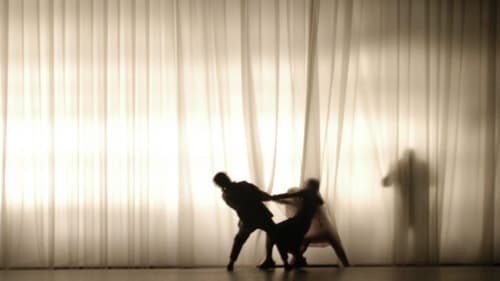
Cathy’s birthday’s on 29th February, which is an impossible day as it is, because it’s a leap day. Then her dad comes up with the bright idea of giving her a duck egg to hatch for her tenth birthday. The chick appears when Cathy and her best friend Margot are watching, and the chick thinks Margot is its mummy. But Margot is bound to a wheelchair and will soon have to go to a special home. Unable to look after the duckling on her own, her parents decide to ged rid of it... Cathy and Margot end up in an adventure which teaches them a lot about how to rescue a migratory bird, but even more about themselves.

The originality of the show lies in the gap between the narrative provided by the voice-over (omnipresent) and the visible, concrete actions played on stage by the characters in an almost silent film: their play, sometimes very poetic, transcends narration. As a result, not only is the spectator's emotion intense, but the philosophical reflection on the meaning (s) of the work emerges: since Man sells his thought, his body, his time, in exchange for a salary, since he is constantly in exchange, barter, link, is he a "merchant"? What is he walking towards?

